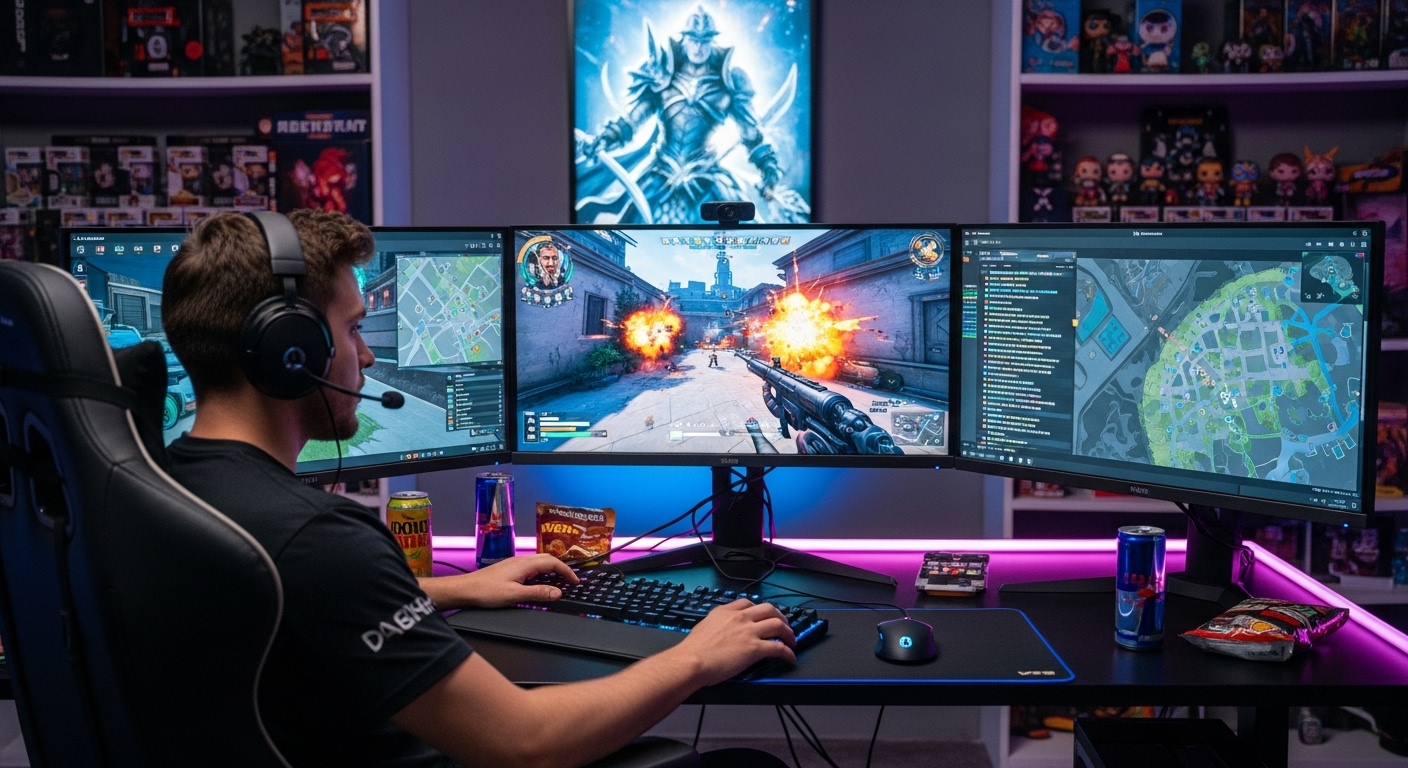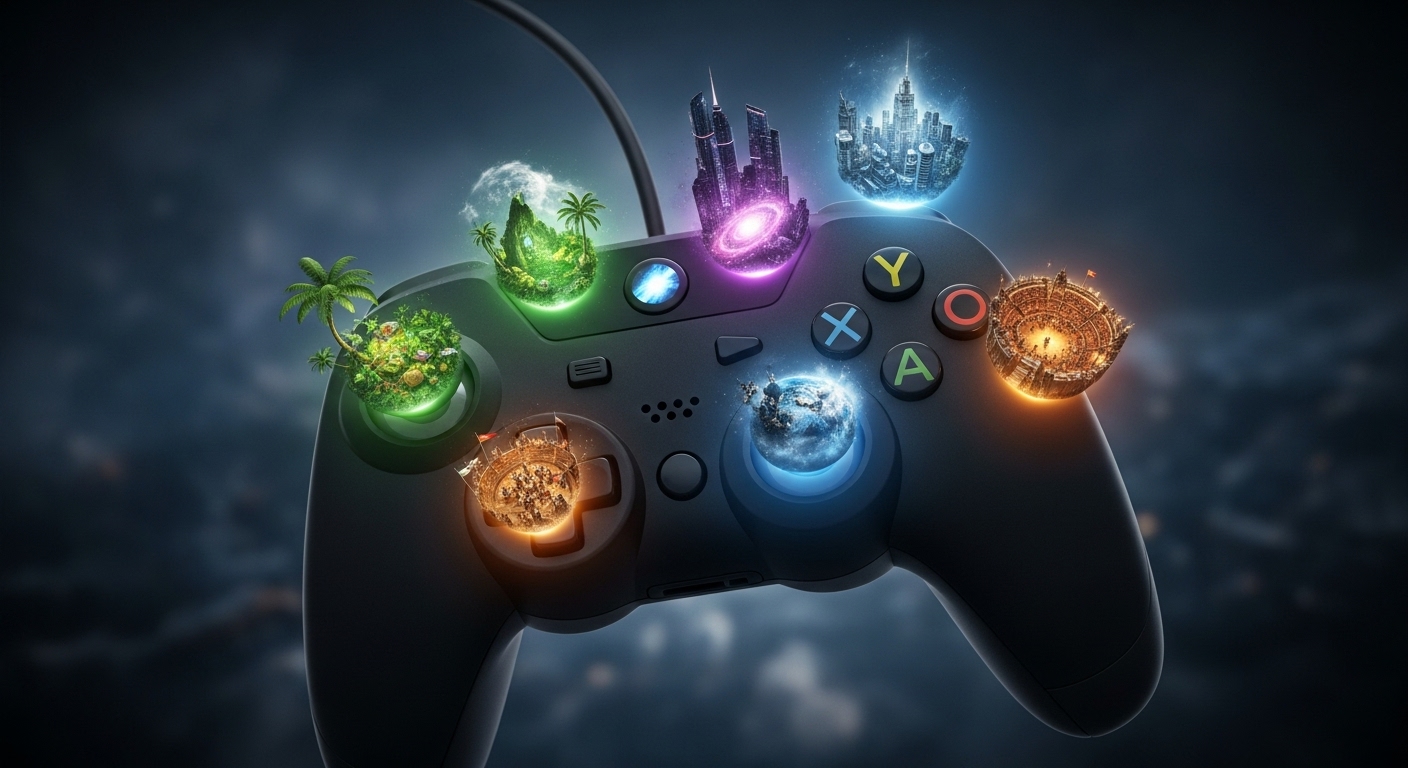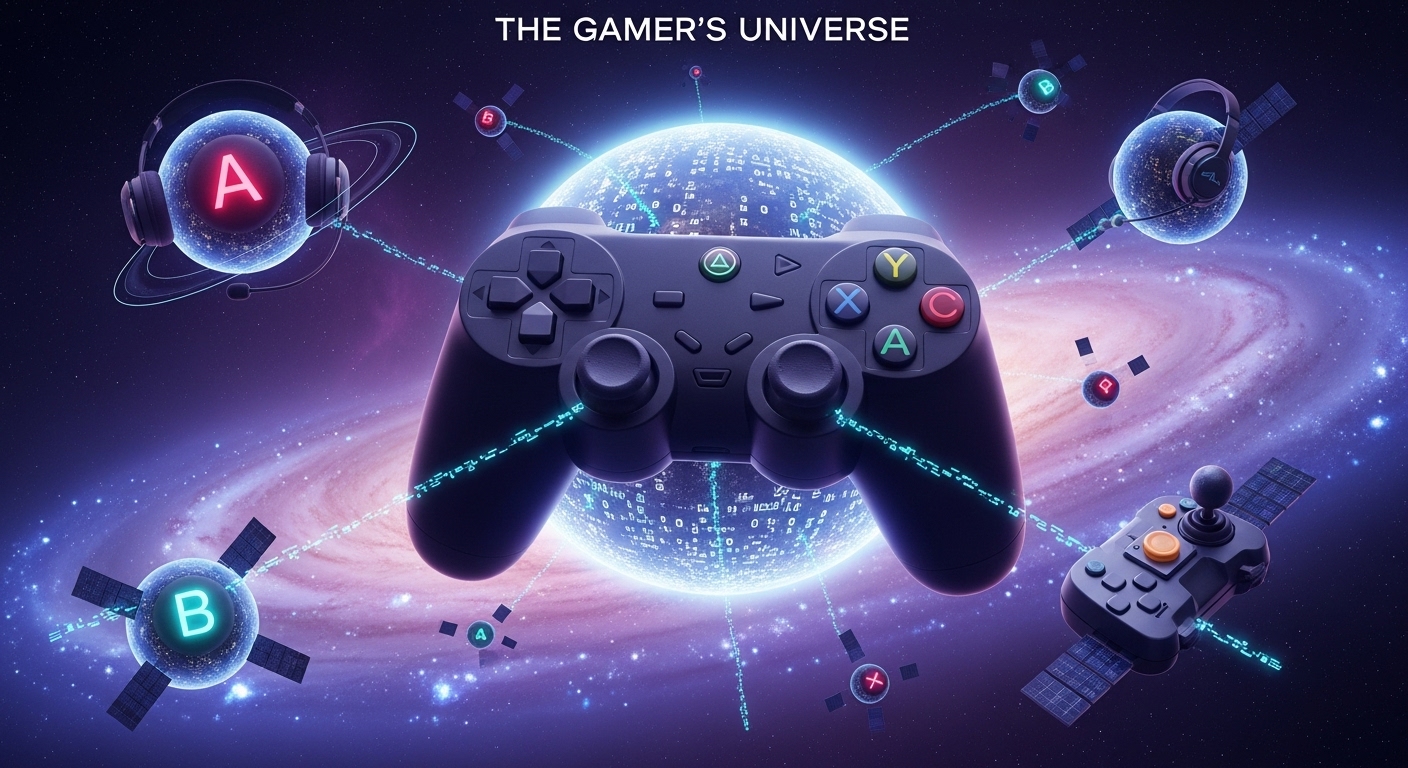Gaming has come a long way from simple pixelated screens to immersive, story-driven experiences enjoyed by millions worldwide. While many still see gaming as just a pastime or entertainment, it has evolved into something much deeper—impacting culture, social connections, education, and even mental health. In this blog post, we explore why gaming is more than just a hobby and how it plays a significant role in modern life.
Gaming as a Social Connector
One of the most powerful aspects of gaming is its ability to bring people together. Multiplayer games, online communities, and cooperative gameplay create spaces where friendships are forged, teamwork is learned, and social skills are developed.
Unlike traditional hobbies that might be solitary, gaming allows players to communicate, strategize, and celebrate victories together regardless of geographic distances. This social connection often extends beyond the game, leading to real-world friendships and collaborative projects.
Cognitive Benefits of Gaming
Beyond entertainment, gaming challenges the brain in numerous ways. Many games require quick thinking, problem-solving, strategic planning, and multitasking. These mental exercises can enhance cognitive functions such as memory, spatial awareness, and decision-making skills.
Puzzle games, strategy titles, and role-playing adventures all encourage critical thinking and adaptability. Scientific studies have also suggested that gaming can improve hand-eye coordination and reaction times, showcasing that playing games is an active, engaging mental workout.
Storytelling and Emotional Engagement
Modern games often feature rich narratives, complex characters, and emotional depth comparable to movies and books. Through interactive storytelling, players become immersed in worlds where their choices can influence outcomes and relationships.
This level of engagement fosters empathy as players experience different perspectives and moral dilemmas. Games can tell stories about resilience, friendship, loss, and hope, resonating emotionally and leaving lasting impressions beyond mere gameplay.
Gaming as a Career and Creative Outlet
What was once seen only as a leisure activity has blossomed into a viable career path for many. Professional gamers, streamers, game developers, and content creators now make a living from their passion. This shift has given rise to an entire industry filled with diverse job opportunities—from programming and graphic design to marketing and event management.
Additionally, many gamers explore creativity through game modding, storytelling, and designing custom levels. Gaming provides a platform where artistic expression and technical skills come together, inspiring innovation and collaboration.
Educational Potential of Games
Educational games and simulations have demonstrated the potential of gaming as a tool for learning. Complex subjects like history, science, and languages become accessible through engaging, interactive experiences.
Gamification—applying game elements to non-game contexts—has also transformed how education and training are delivered. By incorporating rewards, challenges, and instant feedback, games motivate learners to stay engaged and retain knowledge more effectively.
Mental Health and Well-being
Contrary to outdated stereotypes, gaming can have positive effects on mental health. Playing games can provide stress relief, relaxation, and a sense of accomplishment. Multiplayer games often foster social interaction that combats loneliness and isolation.
Games designed specifically for mental health support, such as mindfulness apps or cognitive therapy games, offer therapeutic benefits. While moderation is key, gaming can be a healthy coping mechanism and a source of joy for many.
Cultural Impact and Community Building
Gaming culture has grown into a vibrant global community with conventions, fan art, competitive tournaments, and social media groups. It has influenced music, fashion, language, and even politics.
This culture creates shared experiences and identities for millions of people, transcending age, nationality, and background. The sense of belonging found in gaming communities enriches lives and offers support networks that extend well beyond the virtual world.
Conclusion
Gaming is far more than just a hobby. It is a multifaceted activity that enhances social bonds, sharpens the mind, inspires creativity, and supports mental well-being. As technology advances and gaming continues to evolve, its influence on culture, education, and personal growth will only deepen.
For those who play, game, or watch, gaming offers a dynamic, meaningful experience that transcends traditional entertainment. It connects people, tells stories, and opens doors to opportunities previously unimaginable. Recognizing gaming’s true value helps us appreciate its role in shaping the future of interaction and expression.
Embrace gaming not only as a pastime but as a powerful medium that enriches lives and communities worldwide.



